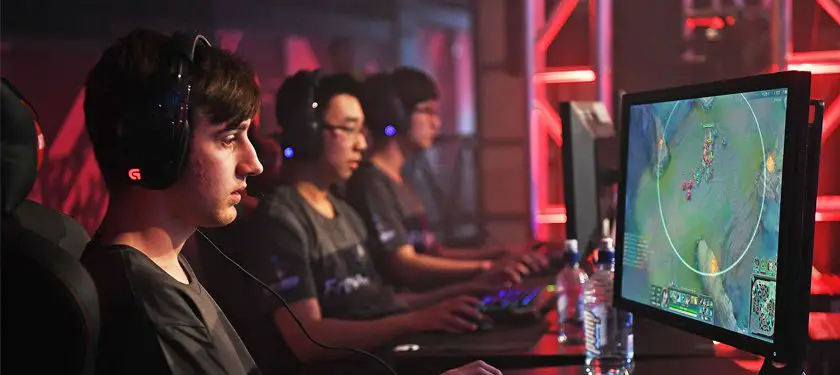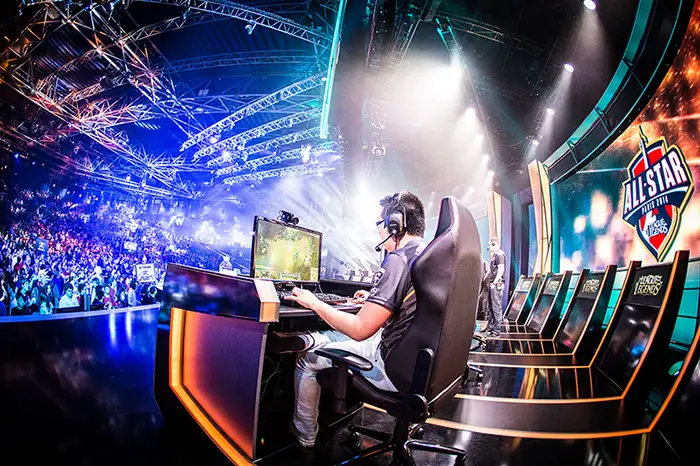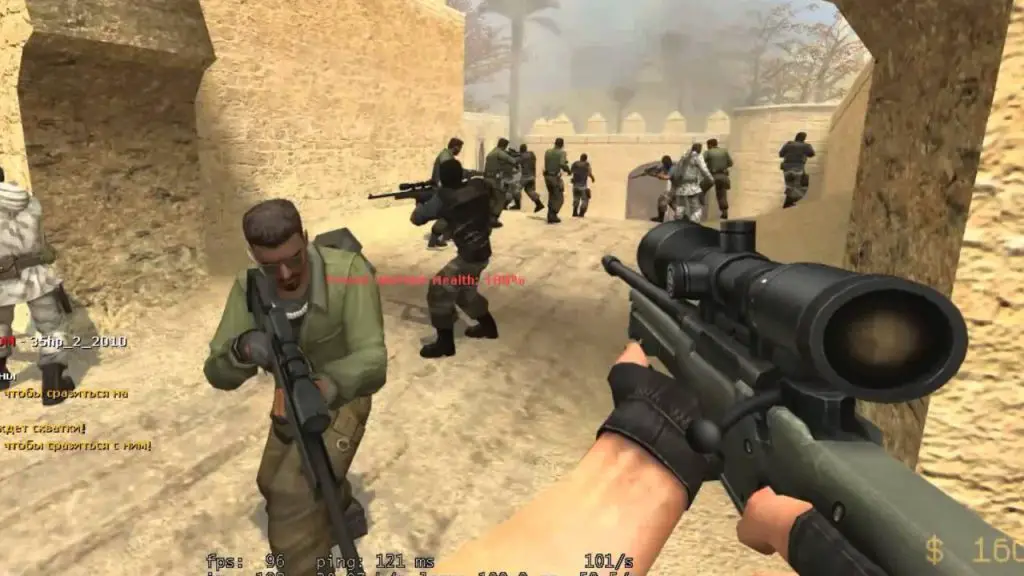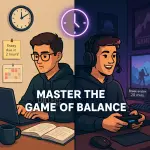For millions of students across the country, sports are a crucial part of the high school experience; in the 2016 – 2017 academic year, almost eight million students played some kind of sport. Most of these sports are managed by the National Federation of State High School Associations (NFHS for short), an organization which regulates sports and activities for high schools across the country.
The NFHS launched a new era of high school sports on April 19, when it announced a partnership with the start up PlayVS to create high school esports leagues. Starting this fall, students at select schools will be able to join esports teams, play against other schools and battle their way up to state championships.
According to NFHS CEO Mark Koski, esports is an attractive addition to the roster for two primary reasons. “First, esports may involve students who haven’t been involved in a sport or activity in the past,” he said. “Second, the costs to implement esports are minimal compared to starting a traditional sport, which can be extensive with equipment and facilities.”
These factors have led to the creation of many high school esports clubs and tournaments over the past few years. Schools across the country have organized their own small-scale initiatives, like the High School Esports Invitational, a tournament for schools in and around Chicago.
Nationally, there are several organizations setting up championships, such as the High School Esports League, which bills itself as the “largest league in the nation,” and the Electronic Gaming Federation, which claims to be “the first state-endorsed high school esports league in the world.”

What sets PlayVS apart is their partnership with the NFHS. Other high school esports leagues have been largely self-managed, with the companies or schools that set them up providing regulations and enrolling schools individually. The NFHS already manages sports for most schools across the country; their infrastructure, familiarity and expertise should allow their league to reach a wide number of schools fairly quickly.
In addition, partnership with an established sports organization gives an added level of legitimacy to the idea of video games as a sport, which should help with some of the criticism leveled at esports.
The esports industry has come a long way since its foundation, growing from a small, semi-professional cottage industry to a titan which will be worth over a billion dollars by next year. Yet there remains a stigma against treating video games as equivalent to traditional sports, a stigma founded on the upstart nature of esports and the lack of apparent physicality involved in playing video games.

Another stigma that is particularly relevant for high school esports is the supposed violence video games instills in players. The idea that immoral behavior in games can transfer into real life is not a new one, going back at least to the Satanic panic around “Dungeons & Dragons” in the ‘80s, when the public thought playing “D&D” would lead to demonic activity and suicide. More recently, the violence and lack of morality in games like “Grand Theft Auto” has led many to accuse them of causing real-world violence.
For esports, the controversy is important in its effect on first-person shooters (FPS) like “Counter-strike” or “Overwatch,” which put players behind the barrel of a gun. For high schools, the issue strikes a nerve because of the epidemic of school shootings.
For this reason, the NFHS league will not include FPS games in their lineup, instead offering multiplayer online battle arenas (MOBA) like “League of Legends,” fighting games like “Super Smash Bros.” and sports games like “Madden NFL.”

The stigma against treating esports players as athletes is also of concern to high school esports leagues, with perceptions from some that school-sponsored gaming seems equivalent to school-sponsored laziness. Without the physicality of IRL sports, many people don’t believe that video games can have the same benefits for students.
This is a perception that esports leagues are trying to combat. According to Andre Whitehead, executive director of Chicago Esports & Gaming, the group responsible for the Chicago High School Esports Invitational, esports can teach students skills just like any other sport.
“Esports are a reflection of 21st century skills,” he said. “Critical thinking, team-based collaboration, this is where we are as a culture and where we’re going. That’s really why I advocate for eSports. We have kids that are honing in on the skills of the 21st century as our world is becoming more technology based.”
The rise of high school esports is only the latest move in a trend of increased legitimacy for esports as a whole. High school esports leagues are predated by collegiate leagues, such as the National Association of Collegiate Esports, the American Collegiate Esports League and the Collegiate Star League. These organizations are run much like traditional college sports, with scholarships for top players and, in some leagues, a conference system to determine competition brackets.
The introduction of esports in high schools is also coming alongside moves to further entrench esports in the world of professional sports. ESPN, a major sports news network, launched a section of their website devoted to esports in 2016, and has been giving them the same treatment as any other sport.
More recently, news emerged that the Paris 2024 Olympics organizers are considering adding esports as a demonstration sport; while not putting esports on the same level as the other Olympic sports, it would pave the way for full inclusion in the future.

















